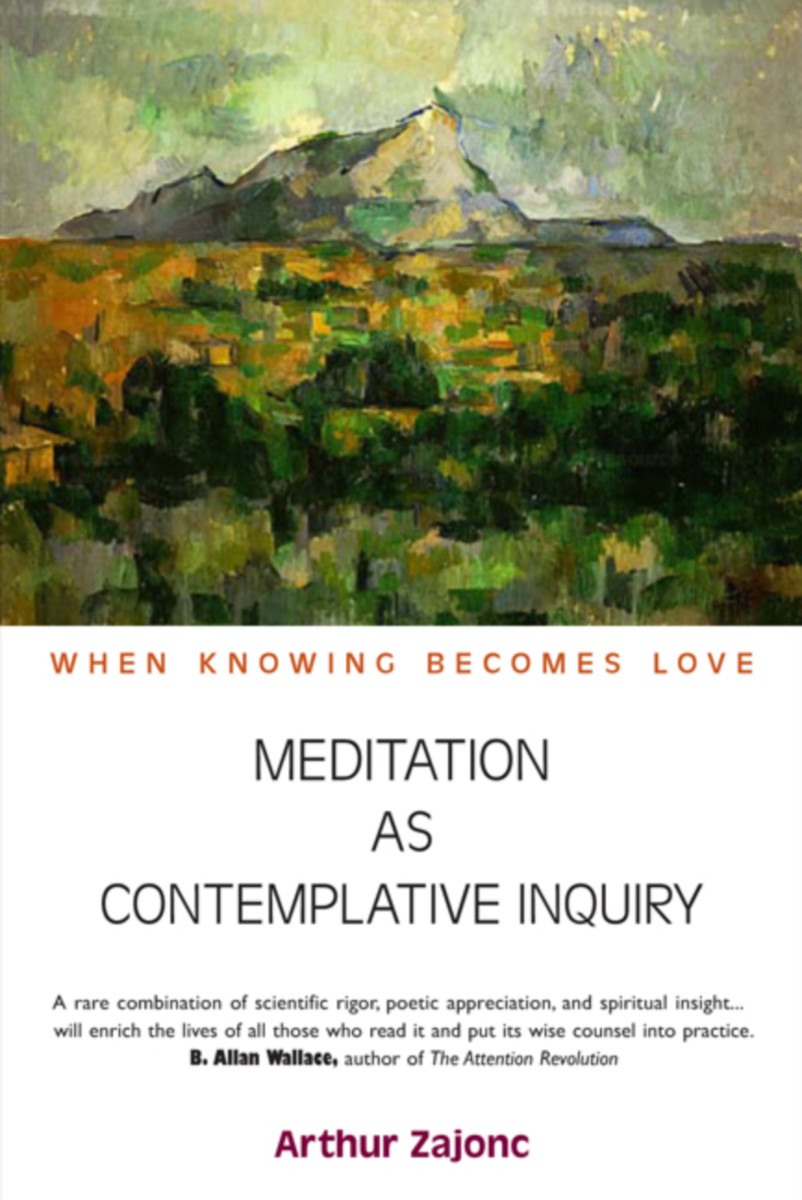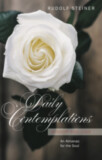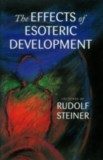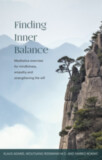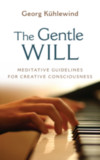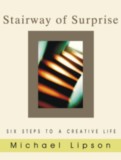Meditation as Contemplative Inquiry
When Knowing Becomes Love
- Publisher
Lindisfarne Books - Published
30th September 2008 - ISBN 9781584200628
- Language English
- Pages 220 pp.
- Size 6" x 9"
“Contemplative practice means, among other things, becoming practiced in solitude. This does not mean brooding or self-indulgent musing, but instead practicing a special form of recollection of the past, mindfulness for the present, and envisioning of the future in a manner that is enlivening, clear, and insightful. We learn to be properly solitary, and to carry the depth of our solitude into the world with grace and selflessness.” — Arthur Zajonc
When we turn to meditation, we are turning toward renewal, peace, and insight. Initially, we may take up contemplative practice as a means of tapping into the abundant resources of the mind and heart that bring serenity, but the meditative journey leads further—to the place where wisdom and love unite.
In Meditation as Contemplative Inquiry, Arthur Zajonc offers an overview of the meditative life, weaving practical instruction together with the guidance and inspiration of the world’s great teachers, from Rudolf Steiner to Rumi, and from Goethe to the sages of Asia.
Zajonc reminds us that an ethic of humility grounds all practice, and that care of the soul is the basis for sound spiritual reflection and understanding. The author carefully describes each stage of the path and includes many recommended practices.
Meditation as Contemplative Inquiry is the fruit of many years of personal practice and teaching. Arthur Zajonc developed his orientation toward meditation through working with hundreds of university students and professors, as well as with contemplative groups in the U.S., Europe, and Australia.
“This book is an outstanding contribution to addressing a root issue of our time: how to integrate the quest for scientific clarity, contemplative awakening, and improved personal practices in a way that is clear, integrates Eastern and Western wisdom traditions, and offers readers practical methods and tools. It is highly recommended for those who want to deepen their personal foundations for profound change and presencing-based leadership work.”
—Otto Scharmer, MIT, author of Theory U: Leading from the Future as It Emerges“Mediation as Contemplative Inquiry is a profound and masterful exposition of the calling, challenges, and, above all, the immediate and the harder-to-extract-but-worth-it gifts of meditative inquiry. Disciplining our unruly minds with marvelous exercises in attention and apperception that use all the senses and intelligences available to us, Arthur Zajonc employs his great skill as a teacher, his loving prose, and his razor-sharp intellect to guide us in the experience of a compassionate practice of knowing. Following his path, we can develop and bring to the fore the full dimensionality of our humanness, for ourselves and for others. A glistening gem of a book.”
—Jon Kabat-Zinn, author of Coming to Our Senses and Arriving at Your Own Door“The great turn needed to reverse problems like climate change and the growing gap between rich and poor is none other than the one that we can accomplish in our own ways of thinking and living together. I believe much of the discouragement and fear that pervades our world today comes from not seeing this connection between the outer circumstances of our world and our inner landscape. Once we have seen it, however, our core work becomes clear. We must bring our outer and inner change strategies into ever-greater alignment. Arthur Zajonc is one of our best guides in the new art of traversing the narrowing gulf between science, consciousness, and social change. This beautiful book embodies the best in his writing. He gives us simple and clear expositions of subtle concepts, touching evocations of timeless insights, and, above all meditative exercises that each of us can start practicing whenever we are ready.”
—Peter Senge, author of The Fifth Discipline: The Art and Practice of the Learning Organization“In this beautifully written work, Arthur Zajonc, a seasoned meditator in the anthroposophical tradition, offers gentle and wise guidance on the path of contemplative inquiry. Drawing both on the writings of Rudolf Steiner and on the world’s spiritual traditions, he presents universal truths that are relevant to all contemplative paths, East and West. With a rare combination of scientific rigor, poetic appreciation, and spiritual insight, Meditation as Contemplative Inquiry will enrich the lives of all those who read it and even more so those who put its wise counsel into practice.”
—B. Allan Wallace, author of The Attention Revolution: Unlocking the Power of the Focused Mind
C O N T E N T S:
Introduction
1. Overview of the Path
2. Discovering the Door
3. Finding Peace, Cultivating Wakefulness
4. Breathing Light: A Yoga of the Senses
5. Words, Images, and Encounters
6. Contemplative Cognition
7. Contemplative Inquiry
Arthur Zajonc
Arthur Zajonc, Ph.D., is the Andrew Mellon professor of physics and interdisciplinary studies at Amherst College and is currently the director of the Academic Program of the Center for Contemplative Mind, an organization of 1500 academics supporting the appropriate inclusion of contemplative practice in higher education. Dr. Zajonc is the former General Secretary of the Anthroposophical Society in America, a cofounder of the Kira Institute, past President of the Lindisfarne Association, and a senior program director at the Fetzer Institute. He has served as scientific coordinator and editor for several dialogues with the Dalai Lama: The New Physics and Cosmology, held in 1997 and published in 2004, and “The Nature of Matter, the Nature of Life” (2002, unpublished). He was also moderator for the 2003 MIT dialogue, published as The Dalai Lama at MIT (2006). Dr. Zajonc is the authorCatching the Light (1993, 1995), coauthor of The Quantum Challenge (2nd ed. 2005), and coeditor of Goethe's Way of Science (1998).


